Algeria
Women in Algeria are increasingly engaging in efforts to make their voices heard.
It is the case with Hassiba Boulemeka, an olympic champion in 1992.
As president of the “sport and women” commission of Algeria’s Olympic committee, the former athlete now a business magnate, travels through schools, colleges and universities to encourage women to engage in sporting activities.
In the 1990’s some fundamentalist Imams were not happy about Hassiba’s decision to participate in international competitions. She became a symbol of women’s struggle after surviving two attacks.
Twenty years after the incident, women are more visible in sports just as in business activities but the gap with men remains wide.
“The women are benefiting from the gradual increase in fundamental freedoms in the Maghreb,” a demographer, Kamel Kateb said.
In a bid to encourage networks, about a dozen female associations have been created and hosts hundreds of members.
A network known as “Savior et Vouloir Entreprendre” (Know and Seek To Undertake) SEVE, launched in 1993 brings together top female business leaders in Algeria.
A former president of SEVE, Samira Haji Djilani; launched last January the Algerian Network of Business Women aimed at raising the voice of women to authorities.
According to official statistics women accounted for 19.5% of the active population in 2014 against only 10.5 % in 1991.
“Algeria has a great potential of women but very few are engaged in business creation,” Nassima Berrayah, Chairlady of DZ Women in Technology regrets.
The networks supported by sponsors are affiliated to reflection centres and international forums.
The leaders of these networks believe the conditions of women have improved.
The 1984 family code inspired by the Koranic law and denounced by feminists was amended in 2005.
In the political scene, the evolution is spectacular. The proportion of women in parliament has jumped from 8% to 31% .



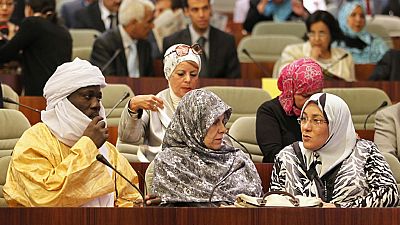


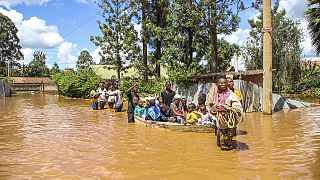
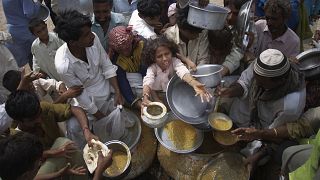
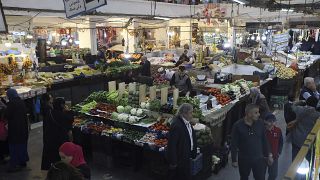
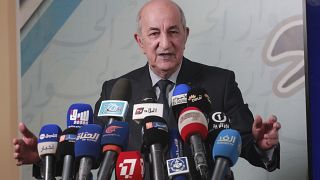


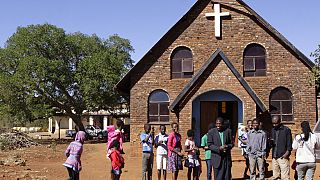
01:30
UN reports widening global inequality in sexual and reproductive health and rights
00:58
Algeria: Rebbach dreams of playing for national team
01:28
FIFA Series: First-ever edition ends
11:11
Women entrepreneurs: persistent financial obstacles [Business Africa]
01:48
IWD: Ending gender inequality in farming to achieve food security and generate growth
01:07
Mozambique to receive support from Algeria in anti-terror fight